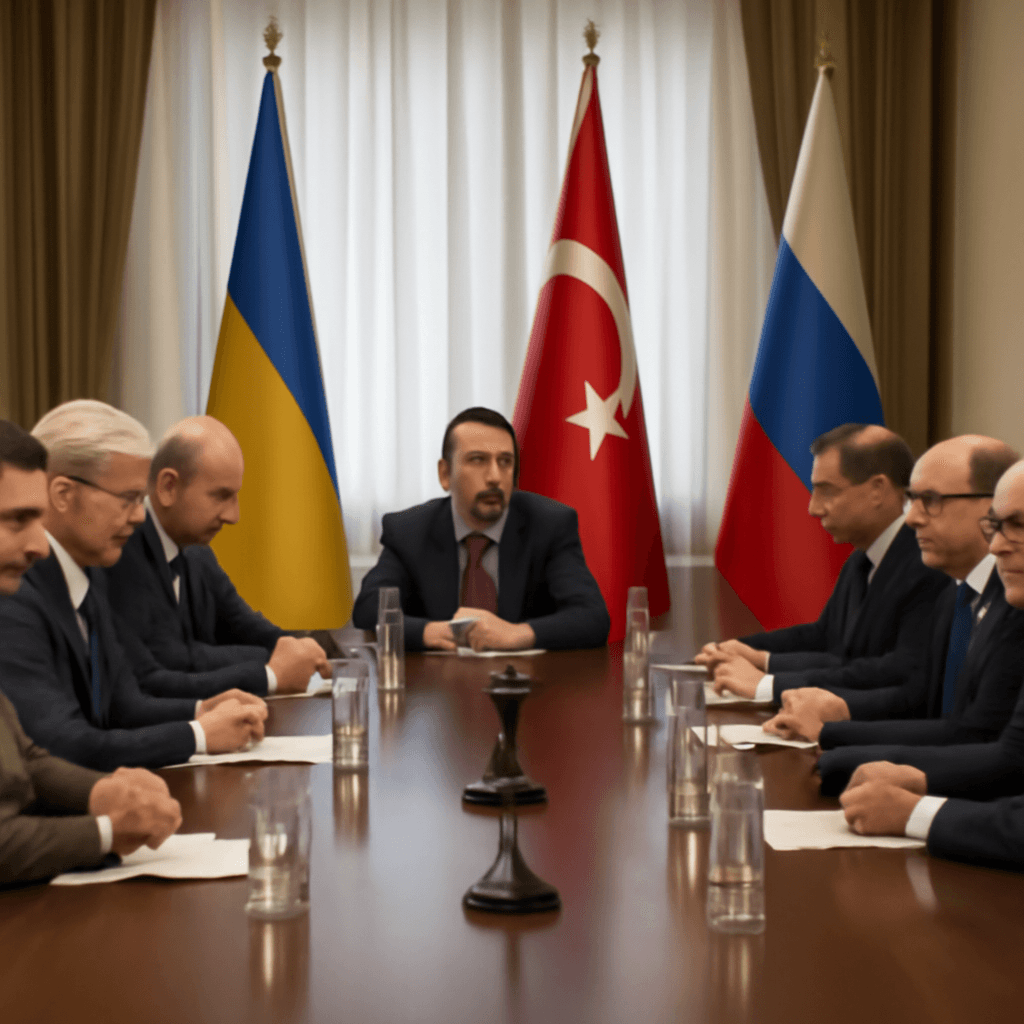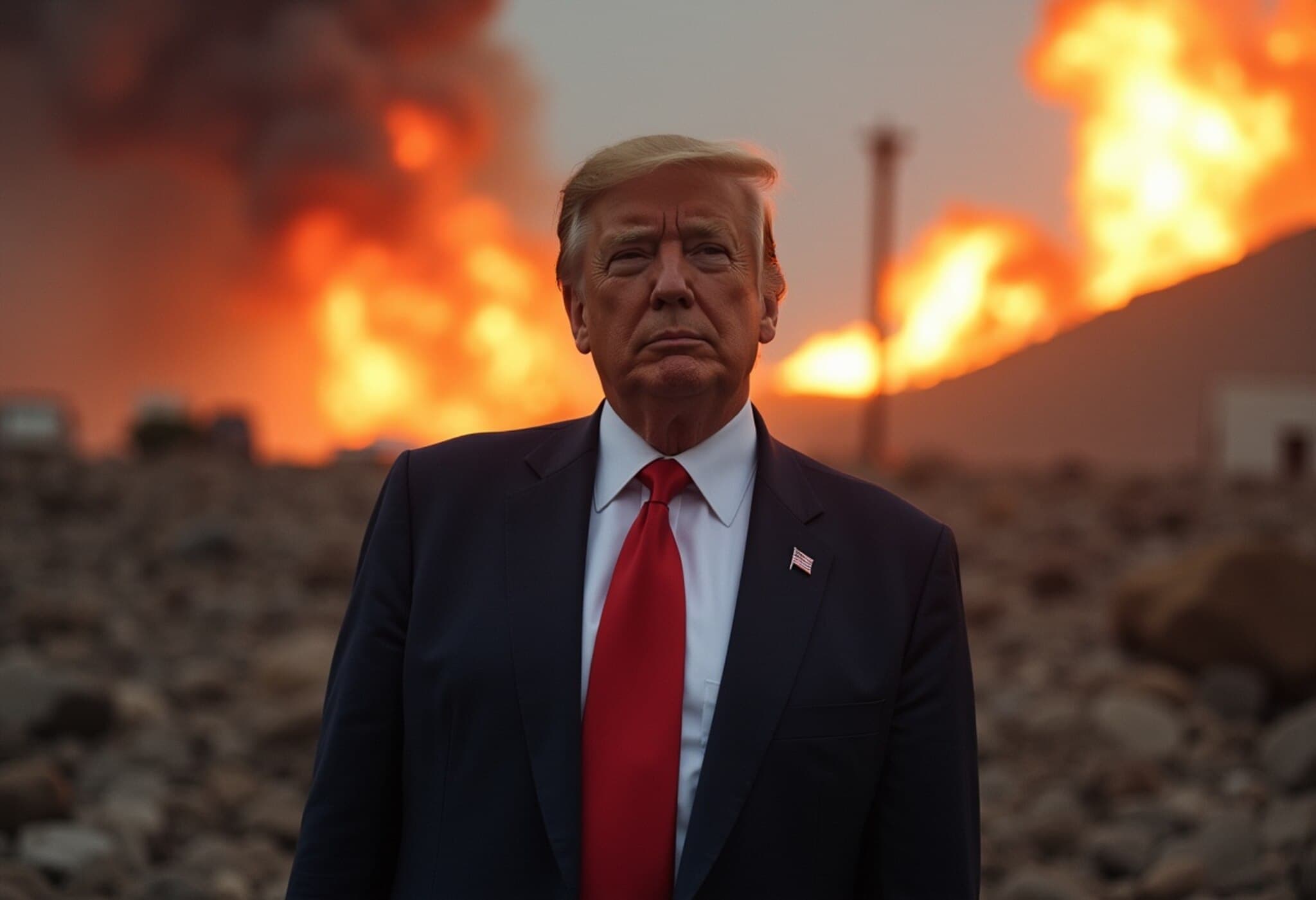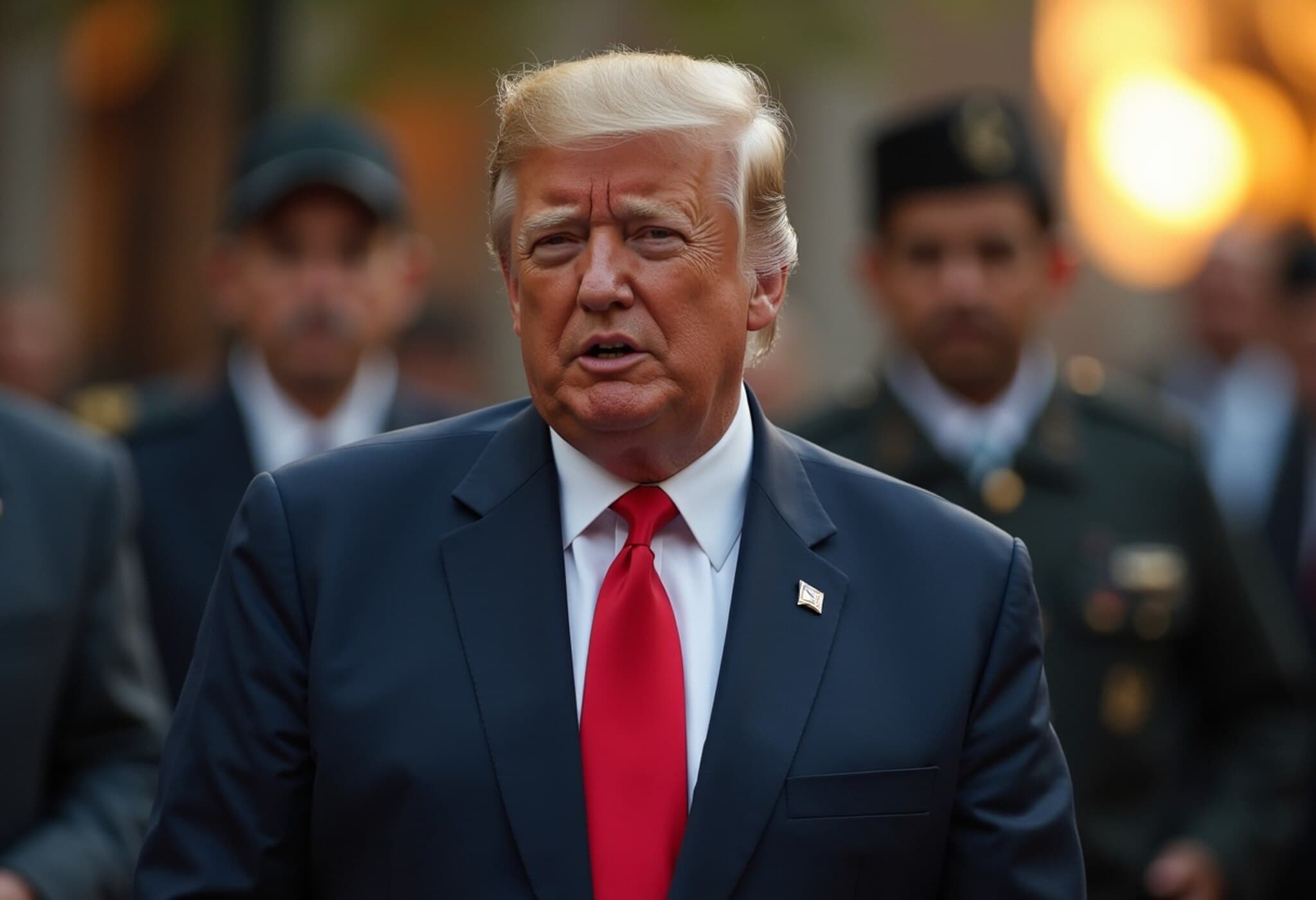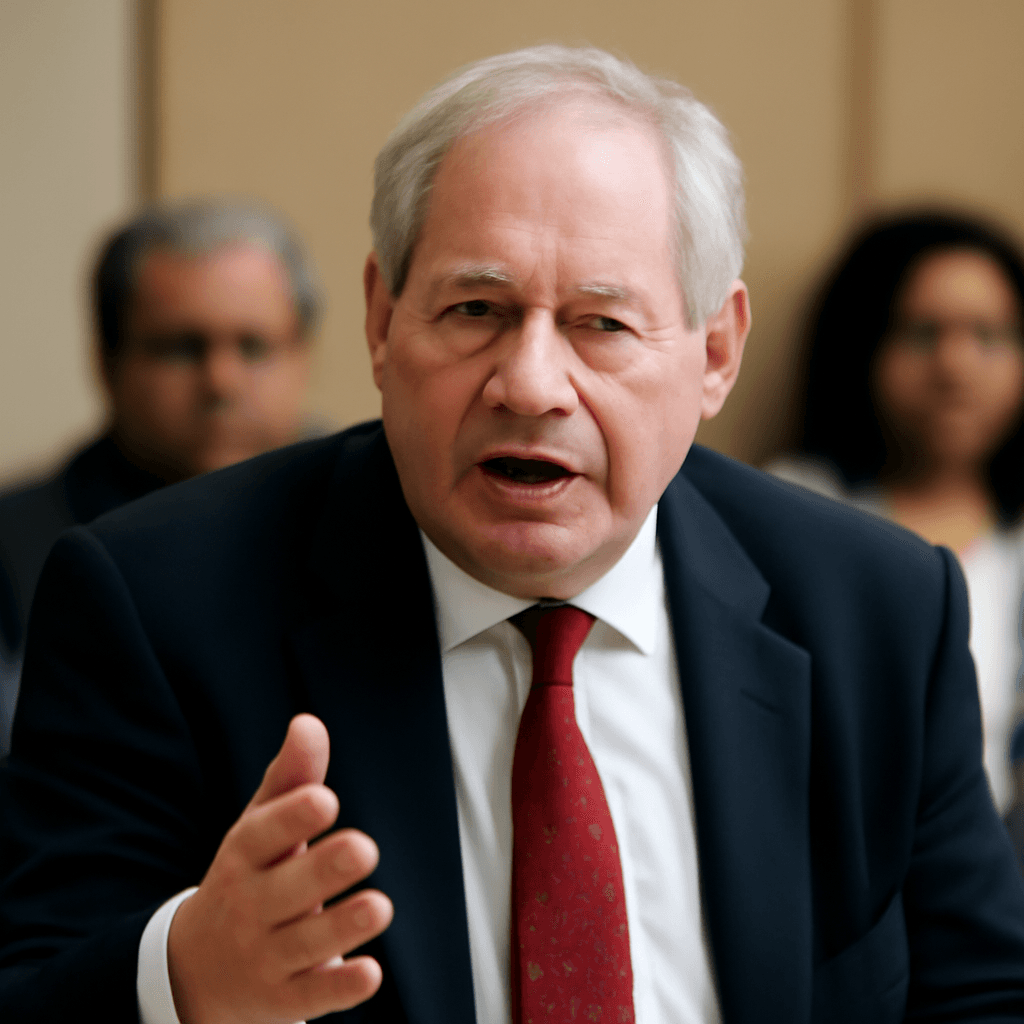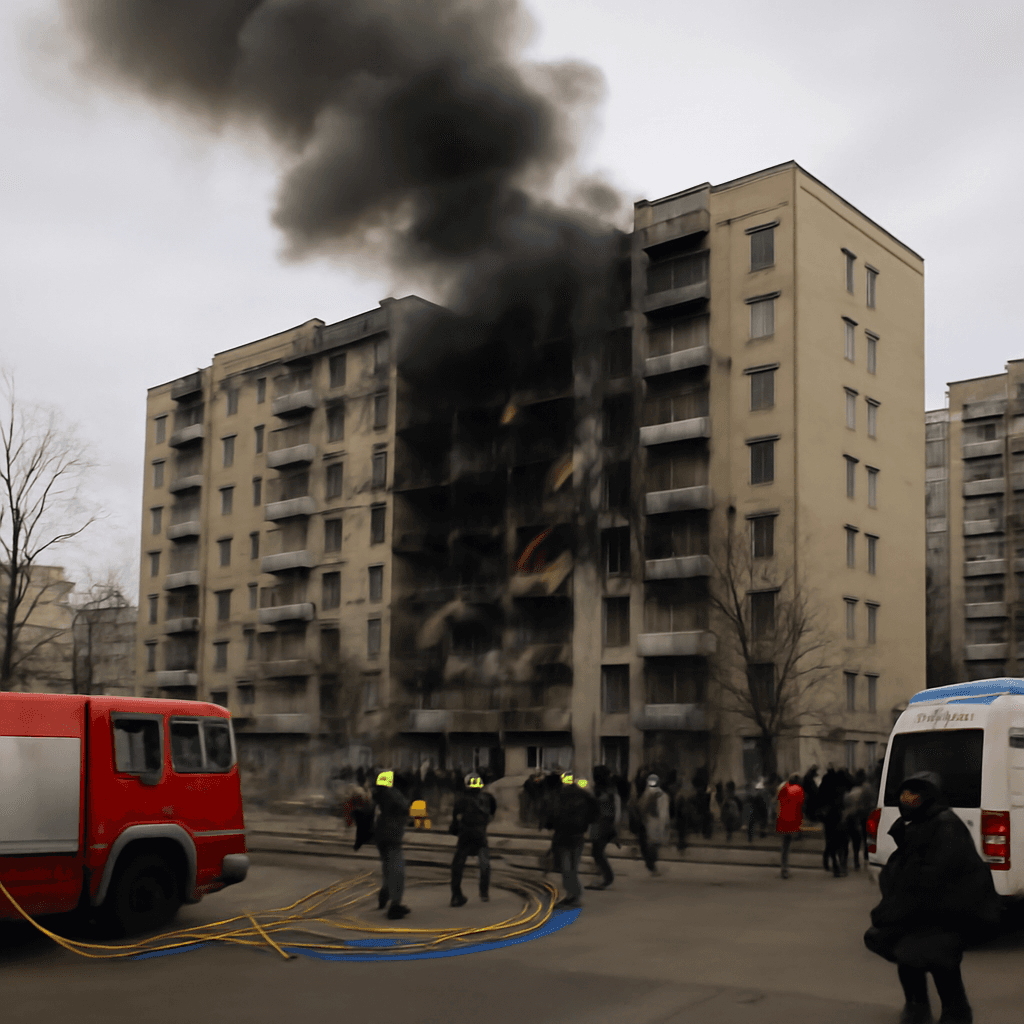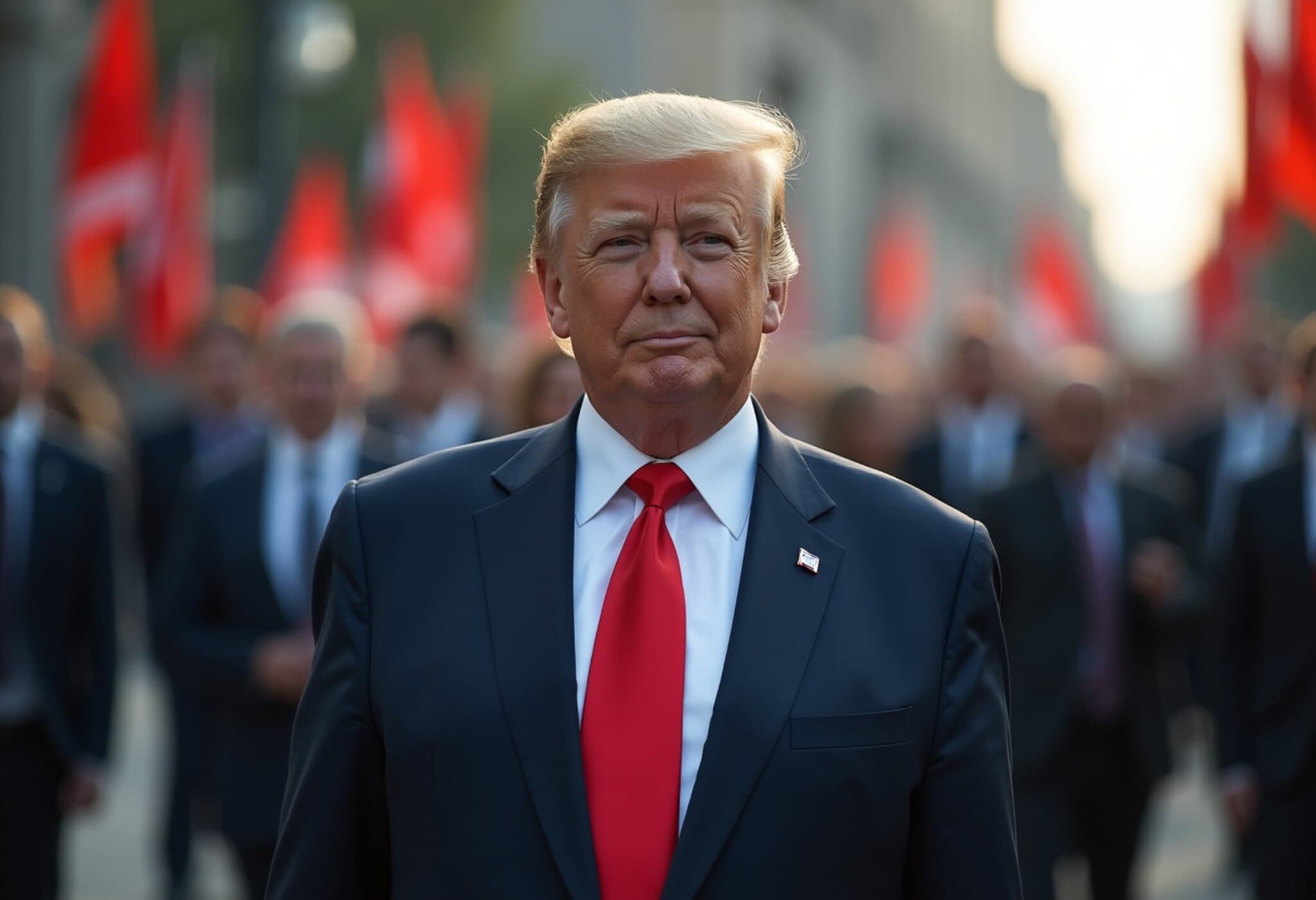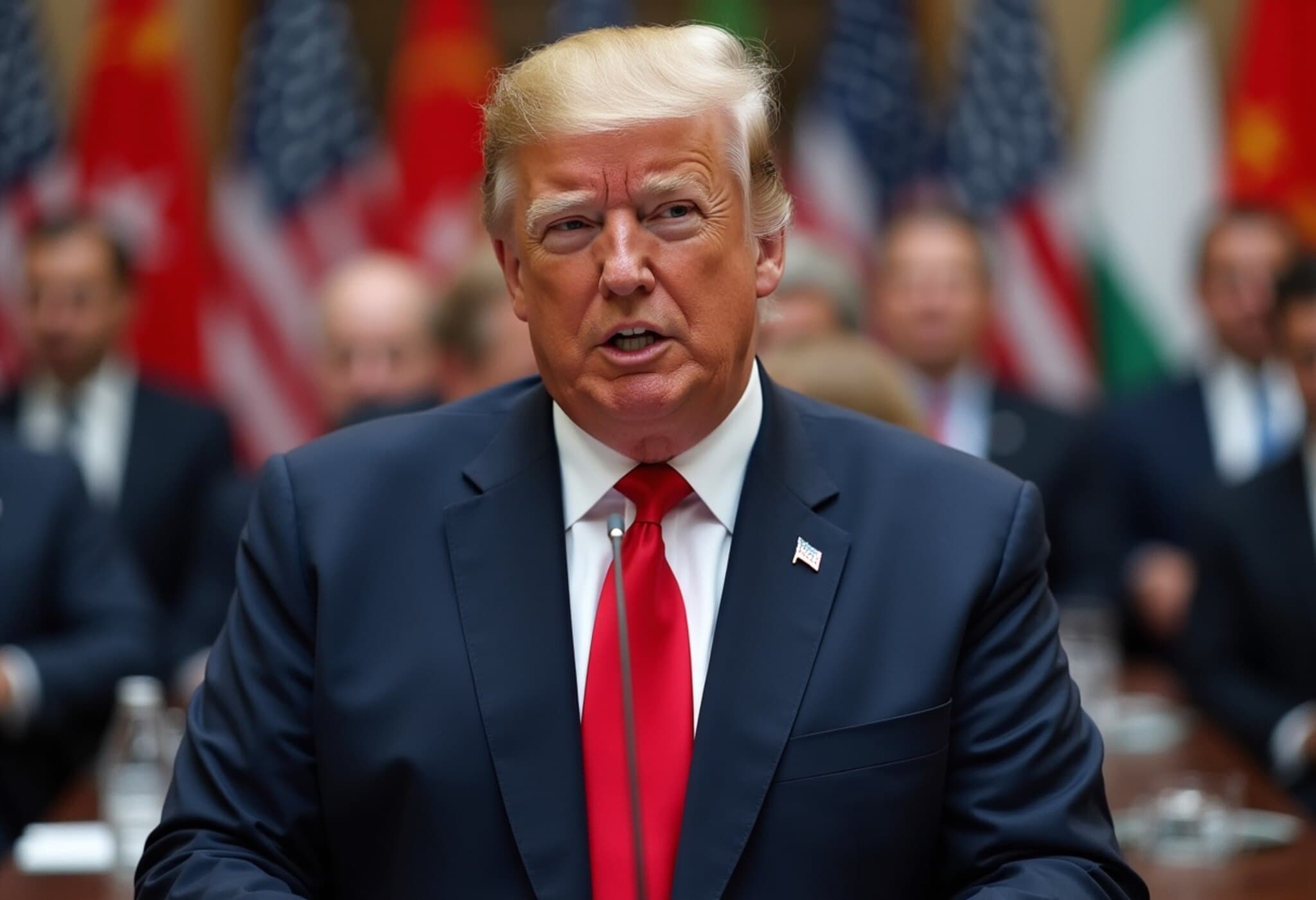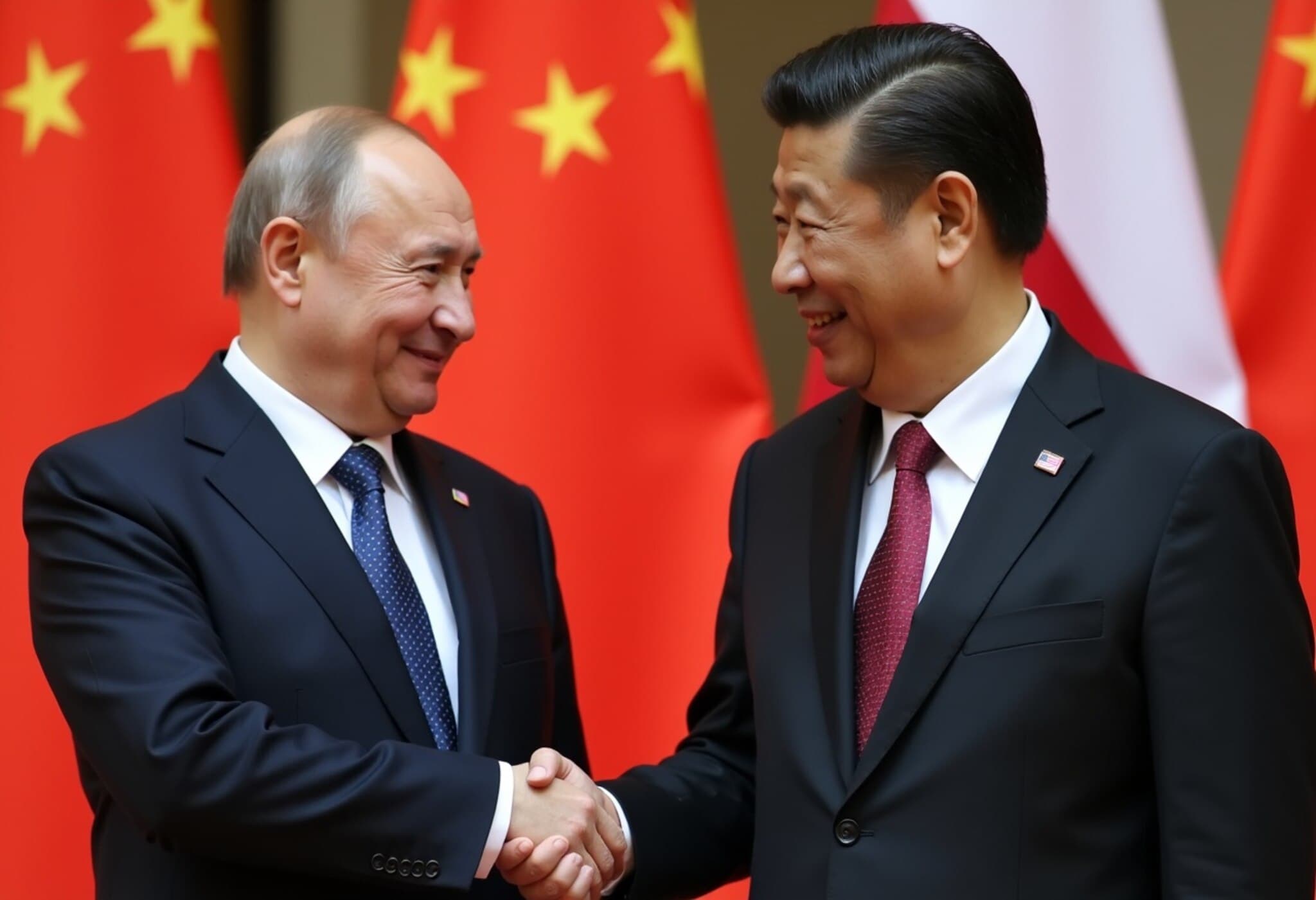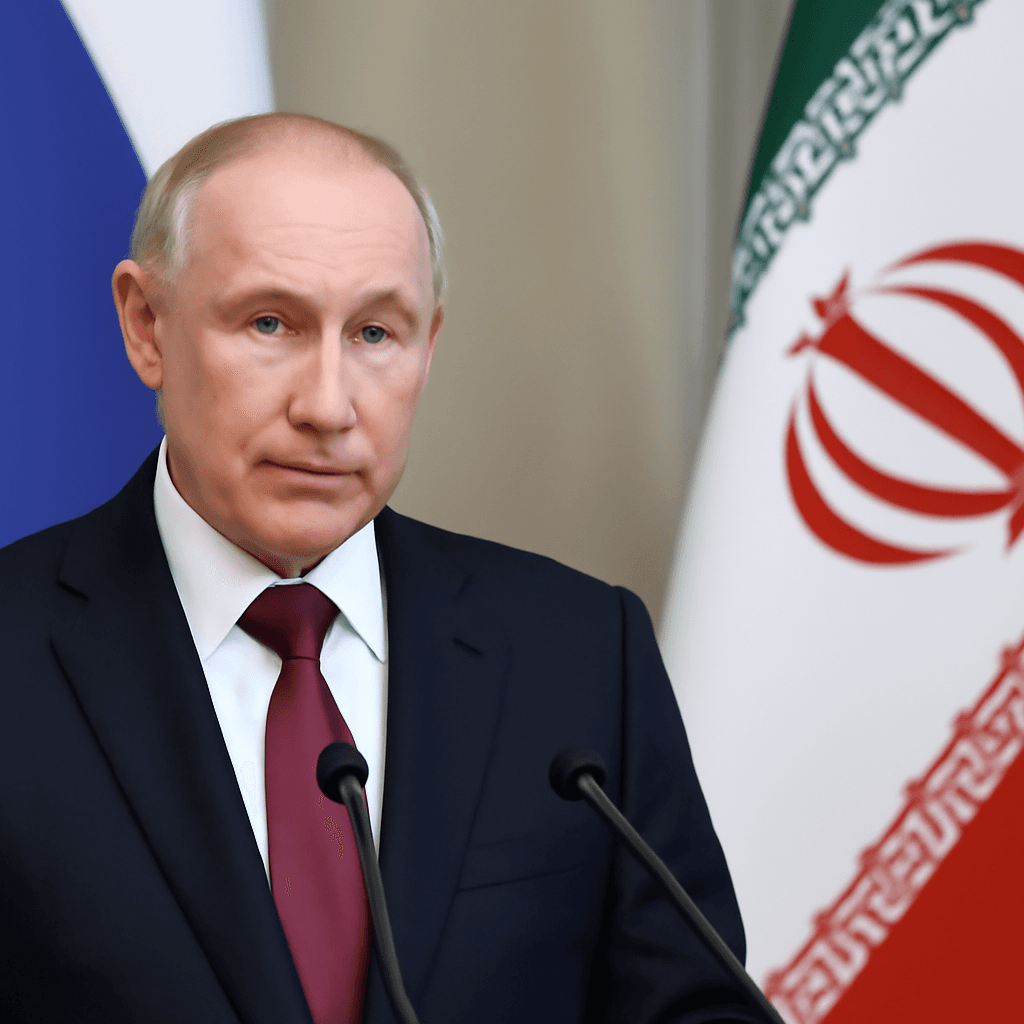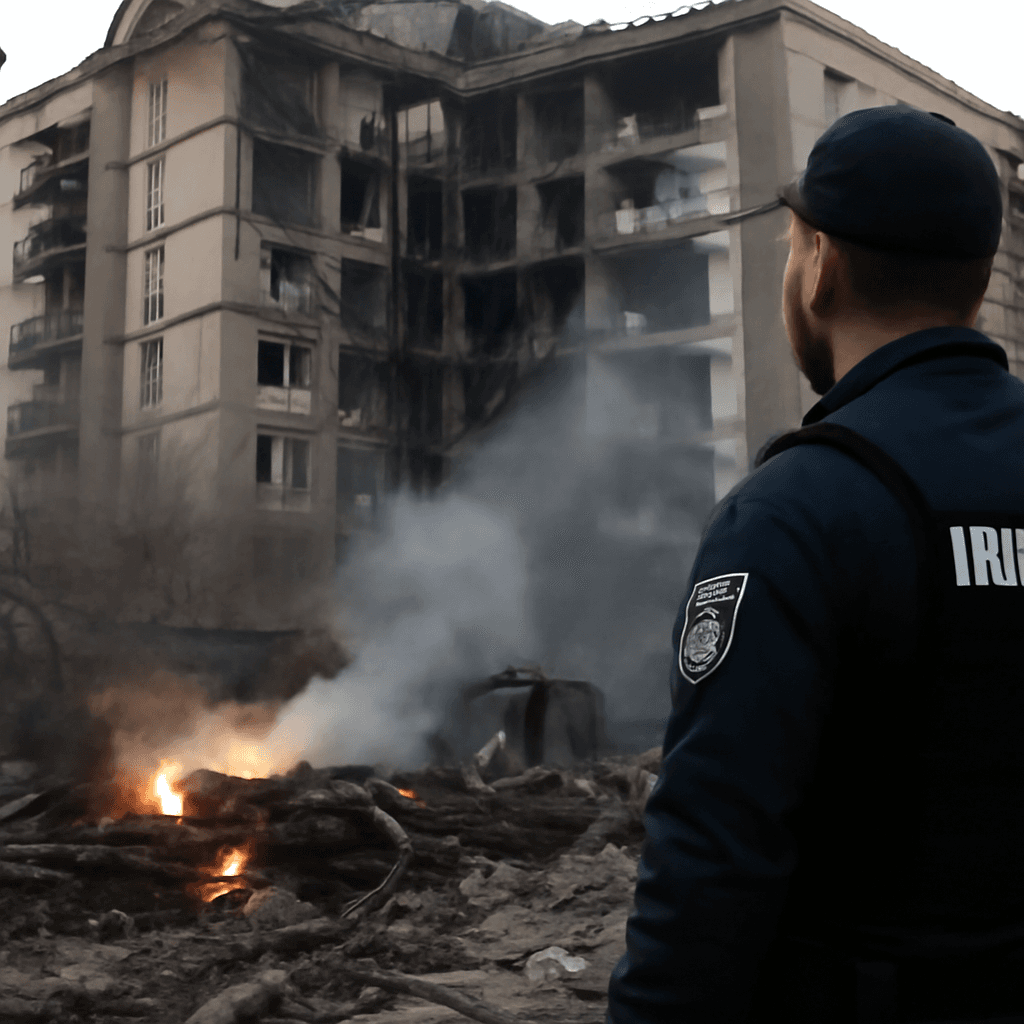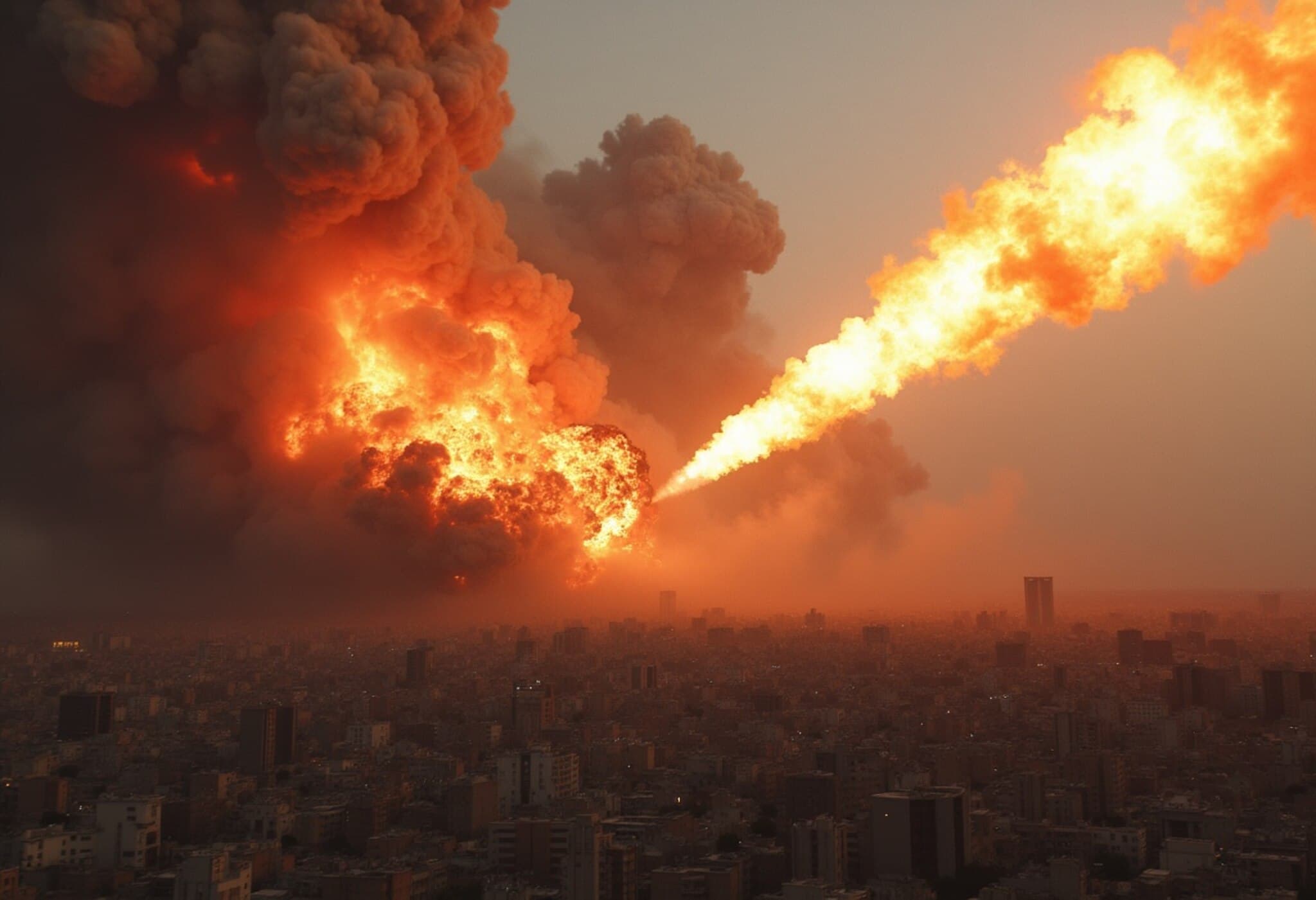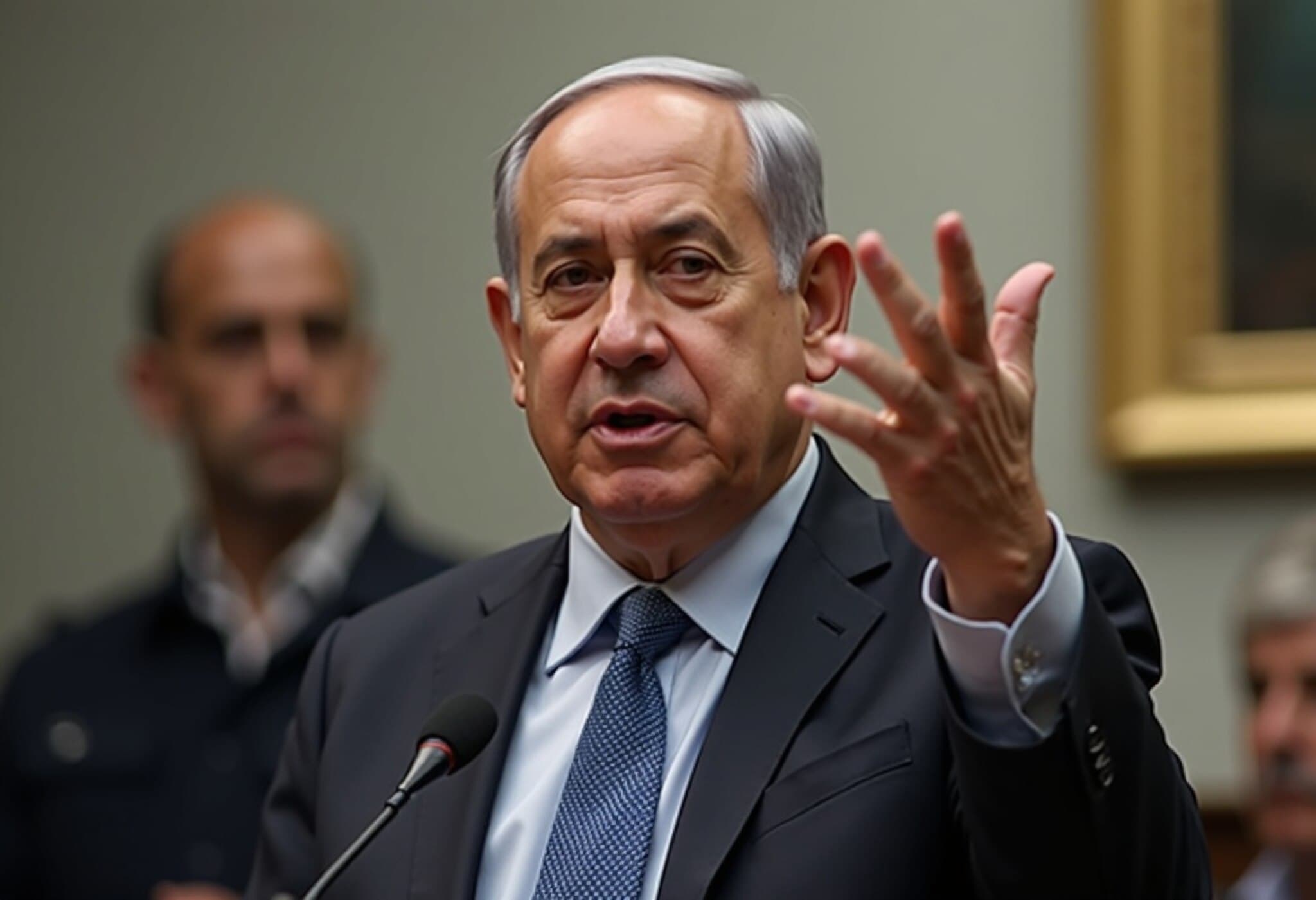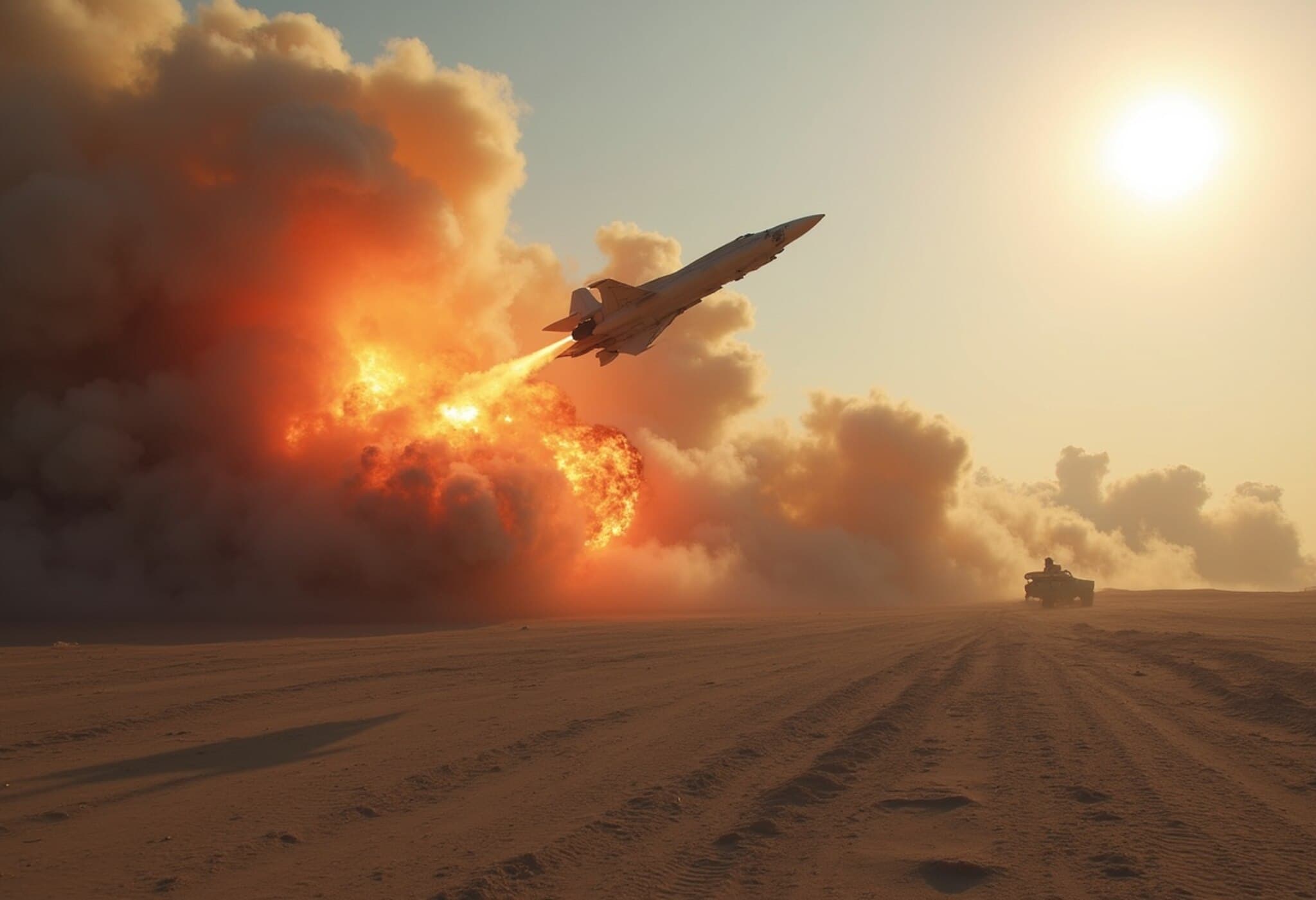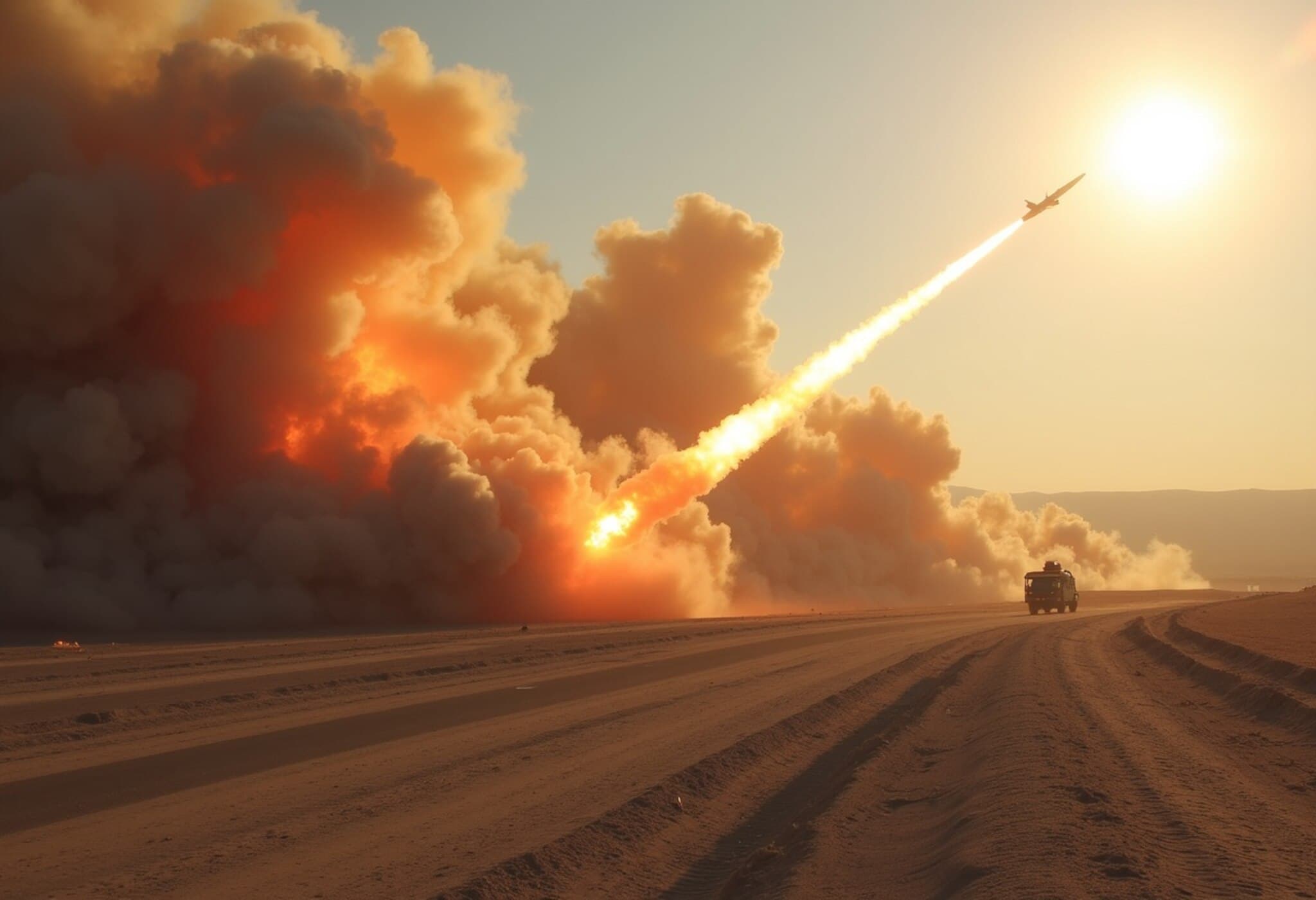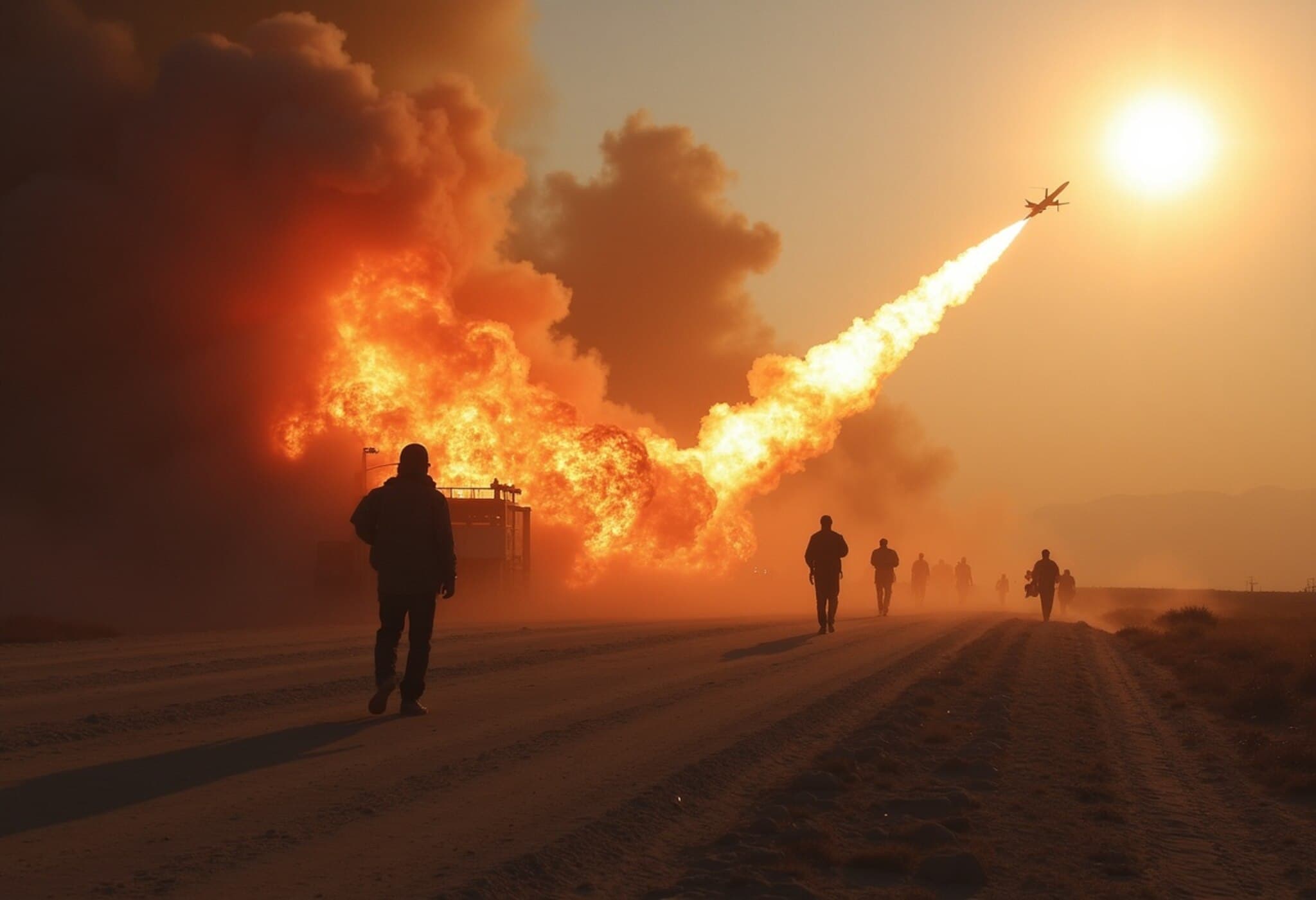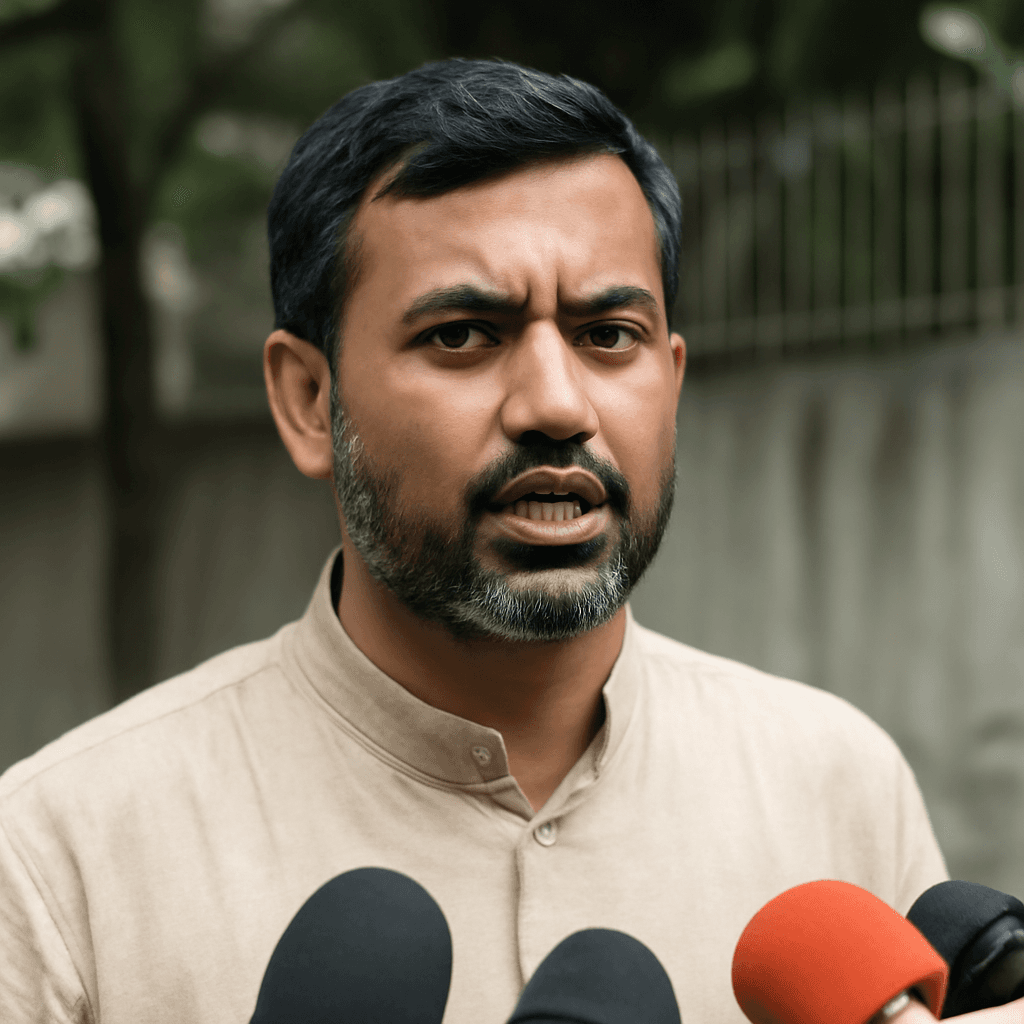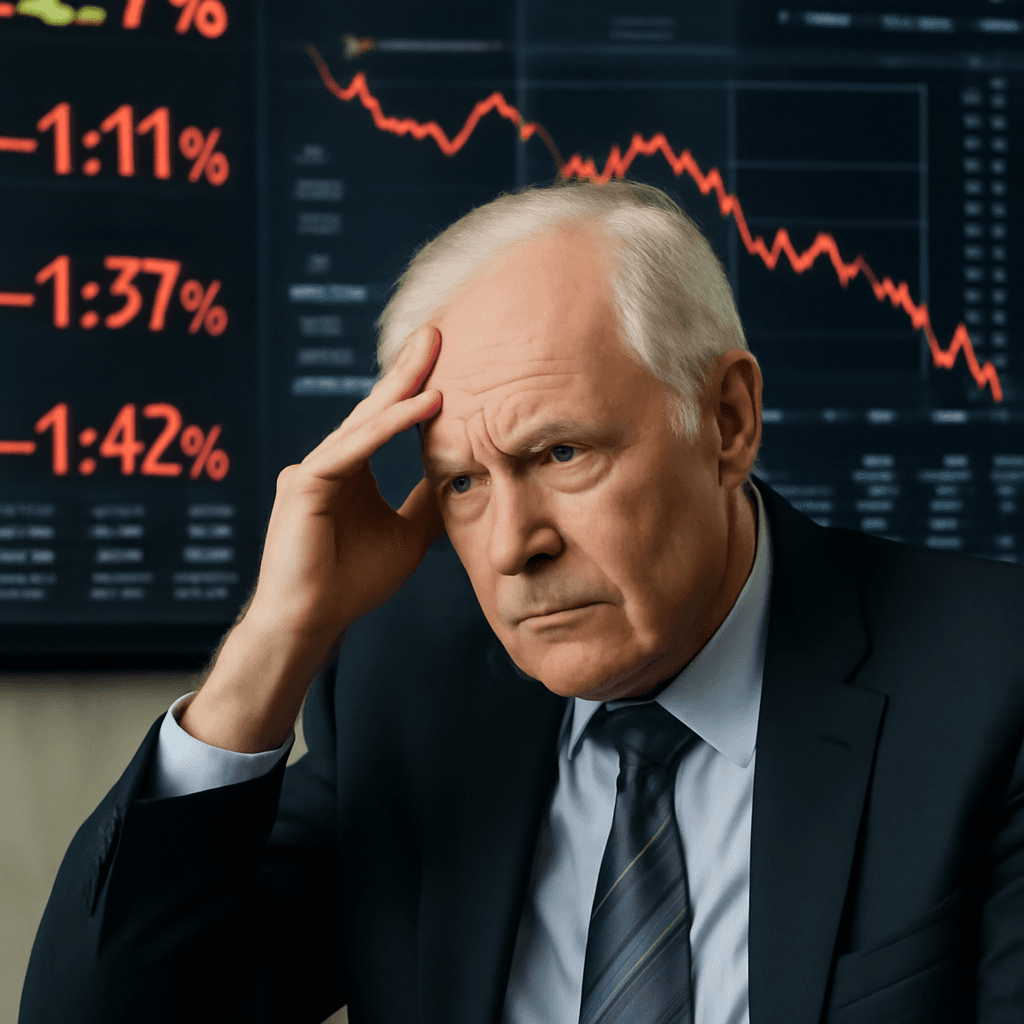Peace Talks Resume in Istanbul Amid Escalating Conflict
On June 2, 2025, Ukrainian and Russian officials convened in Istanbul, Turkey, for direct peace negotiations following a significant escalation in drone and missile attacks along their shared borders. Turkey is mediating the discussions at the historic Çırağan Palace, marking the first direct talks since early 2022 when negotiations collapsed.
Background of the Conflict and Current Escalations
The talks come a day after the largest recorded exchange of missiles and drones between the two nations. Ukrainian forces reported the destruction of more than 40 Russian long-range bomber aircraft, approximately one-third of Russia’s bomber fleet. Simultaneously, Russia launched an unprecedented drone assault with 472 drones, targeting military facilities and resulting in at least 12 Ukrainian soldiers killed and around 60 wounded.
Delegations and Mediation Efforts
The Ukrainian delegation is led by Defence Minister Rustem Umerov, while the Russian side is headed by Kremlin aide Vladimir Medinsky. Turkey’s Chief of General Staff Metin Gurak, Foreign Minister Hakan Fidan, and intelligence chief Ibrahim Kalin serve as mediators. These talks follow an initiative reportedly encouraged by international actors seeking to reduce hostilities.
Core Issues and Positions
Despite the renewed dialogue, expectations remain cautious. Ukrainian President Volodymyr Zelenskyy has emphasized his country’s demands in a public statement, including:
- Full and unconditional ceasefire
- Release of prisoners
- Return of abducted children
On the other hand, Russia is anticipated to uphold its maximalist demands, which reportedly include:
- Written assurances from Western powers to halt NATO's eastward expansion
- Guarantee of Ukraine's neutrality
- Removal of Western sanctions on Russia
- Resolution of frozen Russian assets
- Protection for Russian-speaking populations in Ukraine
Challenges and International Dynamics
Criticism has arisen regarding Russia's delay in submitting formal terms ahead of negotiations. Meanwhile, Ukraine has clearly outlined its stance. The ongoing talks unfold amid indications that Russia continues military operations, with little inclination for compromise.
Moreover, geopolitical factors play a significant role. Russian President Vladimir Putin has maintained aggressive tactics despite public ceasefire proposals. At the same time, key international figures have shown varied approaches to influencing the conflict's trajectory, with some accused of limiting pressure on Russia while urging restraint from Ukraine.
Outlook on Negotiations
Observers suggest that these talks may primarily serve as a platform for Russia to secure battlefield advantages and strengthen its negotiating position. The complexity of the issues and entrenched positions signal a potentially prolonged process without immediate breakthrough.
Summary of Key Points
- Direct Ukraine-Russia peace talks resumed in Istanbul after three years.
- Recent large-scale drone and missile attacks have intensified tensions.
- Turkey facilitates mediation between the warring parties.
- Ukraine demands a ceasefire, prisoner releases, and return of abducted children.
- Russia insists on NATO non-expansion, sanctions removal, and Ukrainian neutrality.
- International dynamics complicate prospects for immediate agreement.

